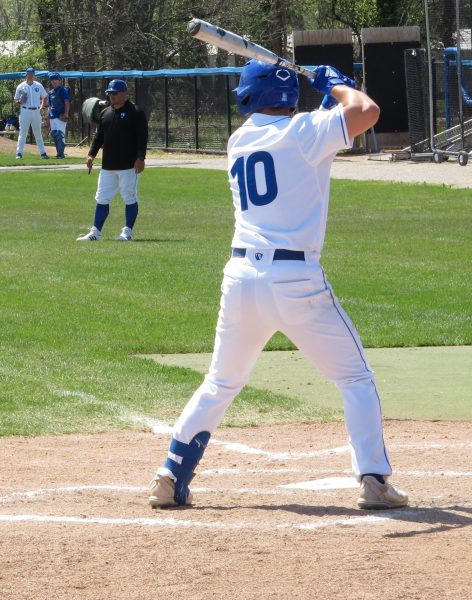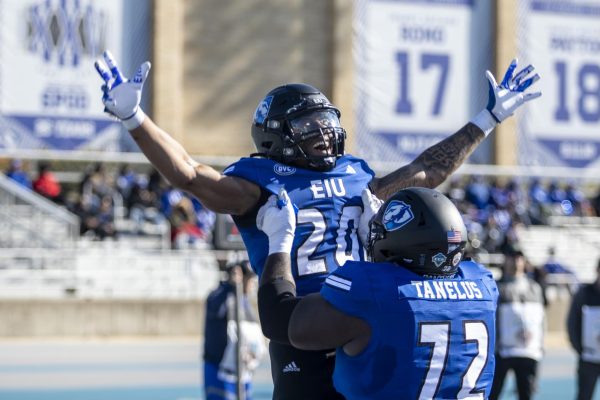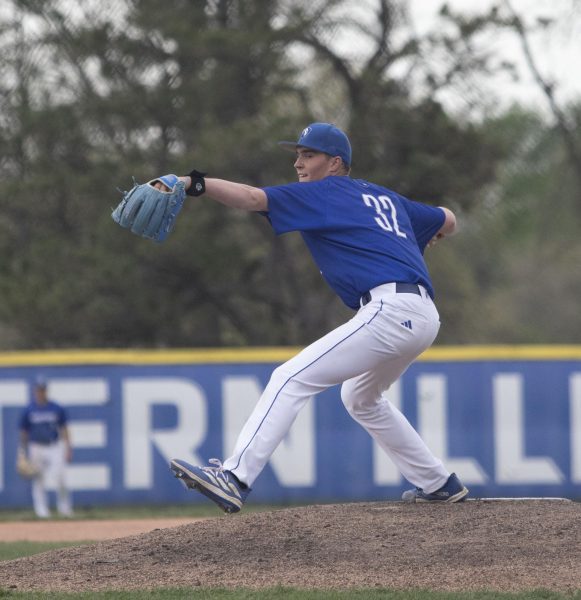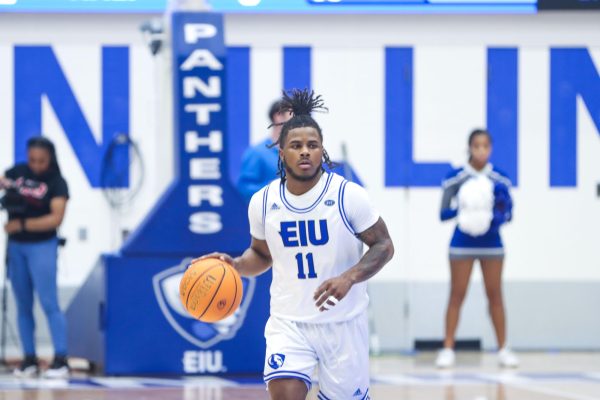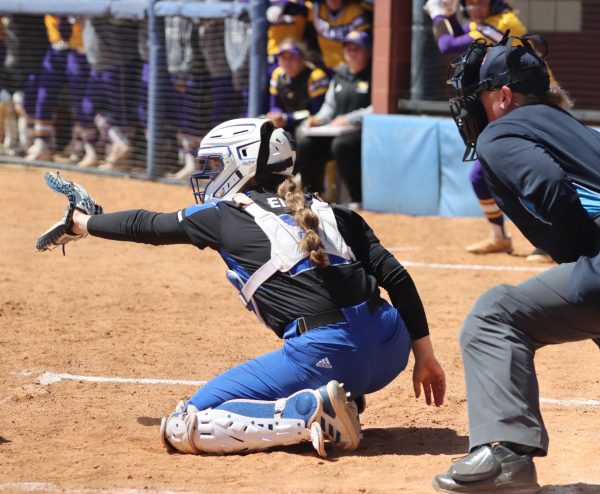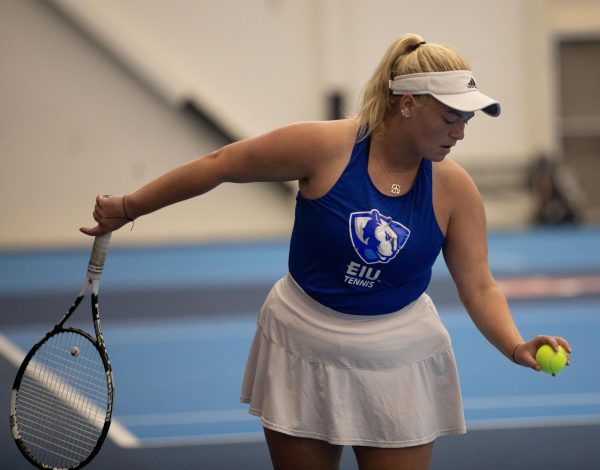Panel discusses Title IX rule
Title IX passes its 30th year of enactment and is under heavy scrutiny to make sure it is working to help women with equality.
There was a panel discussion Wednesday evening in the Rathskeller Balcony at the Martin Luther King Jr. University Union.
The discussion was about the gender equity in athletics and Title IX. The discussion held as part of Women’s History and Awareness Month. The panel included Eastern administrators, coaches and athletes.
Director of the Office of Civil Rights Cynthia Nichols was the panel leader at the discussion.
Nichols said there was a call to look at Title IX made Feb. 28 by the Secretary of Education.
“They wanted to see what changes had been made, what changes might be neccesary and what the desired outcome should have been after Title IX,” Nichols said.
Nichols talked about when Eastern was chosen in ’94 by the Office of Civil Rights (OCR) to check Title IX regulations in the school.
Nichols said it was chosen because of the high percentage of females in its student body compared to the percentage of women that were student athletes.
“Eastern did not meet par in Title IX, “Nichols said.” “OCR tried to dictate what teams would be added.”
Eastern decided to add women’s soccer, golf and rugby.
“Things got hot, and we were being required to change and reshape some of our sports and things,” McInerney said. “We had to make practical realities and make it work.”
Nichols said in order to stay in compliance now with the OCR regulations, Eastern surveys incoming freshman and transfer students. The surveys are to help keep recent on upcoming or new sports the new students want to participate in at school.
Nichols said Eastern is the only school in its conference to have 22 teams. Eleven of them men and 11 women. The next closest number of teams in the conference is 16.
The panel seemed to have a consesus that Title IX was a good idea despite some of its flaws.
Former Eastern wrestler Ross Bracey said Title IX is a great thing. Bracey also said the negatives that came from Title IX were from programs that were dropped to meet compliance in the mid-90s. The positive was they were eventually brought back.
Second year rugby player Jackie Jaworek was glad to see Title IX because she was able to walk on to the rugby team and play competively.
“Without Title IX I wouldn’t be able to play rugby here,” Jaworek said.
Assistant coach and former rugby player Michelle Reed said rugby was a good counterpart to football because women didn’t ever have a contact sport.
“I walked on when we were still a club team,” Reed said. “We were approached later to play at varsity level, and that was good for me because I had always wanted to play at a varsity level in college.”
Head volleyball coach Brenda Winkeler likes that she sees players she has coached come up and coach and impact others and she hopes that it continues.
“Of course women always want more but that is a good thing,” Winkeler said. “Women are seeing other women doing it, and they are saying that is something they want too. Women and the new opportunities have caught fire.”






































